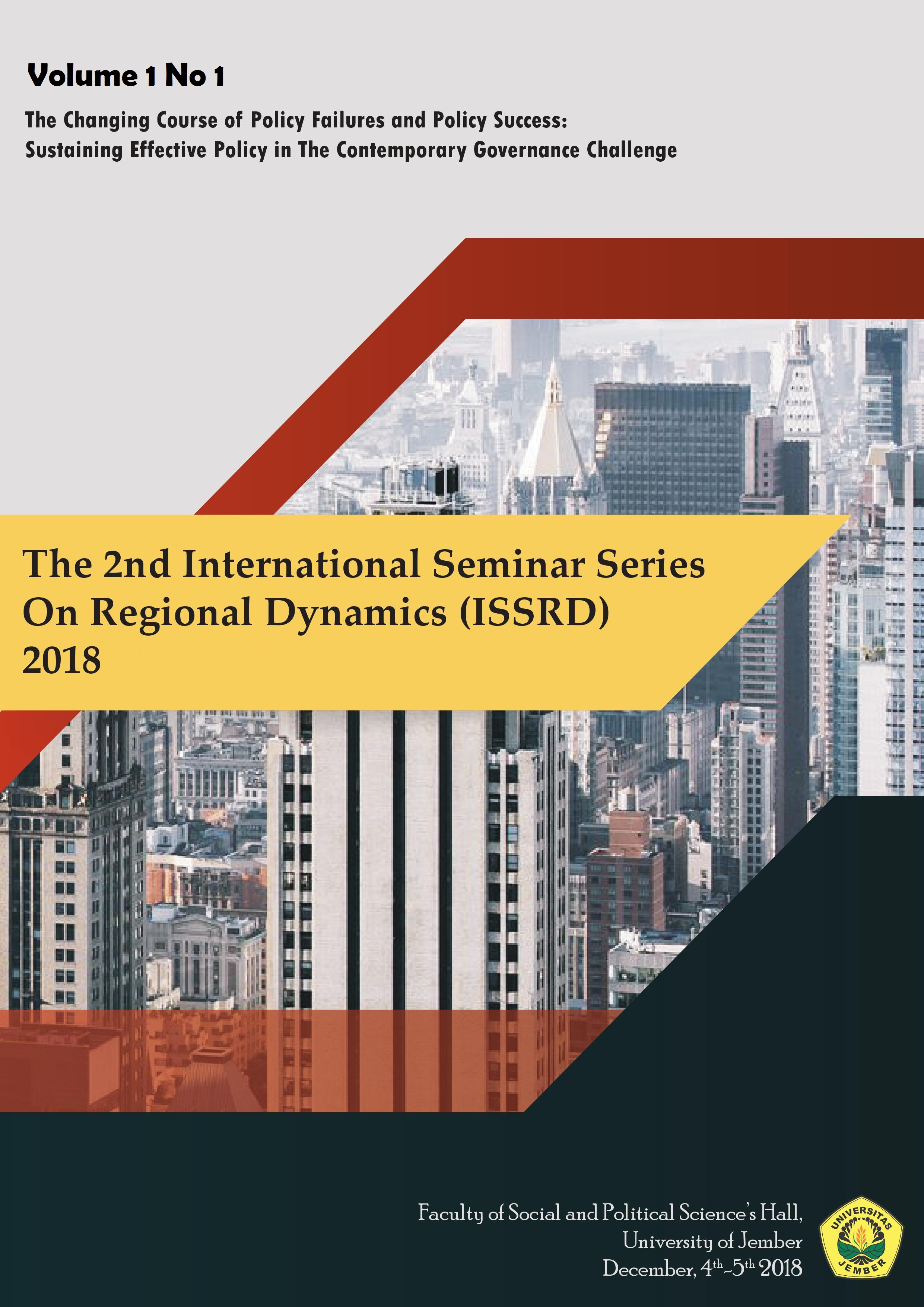CAN COLLABORATIVE LEADERSHIP BE A SOUL FOR DEVELOPMENT OF SUSTAINABLE TOURISM? : STUDY IN KARANGANYAR DISTRICT
Abstract
Tourism development is believed to be able to improve the economy of local communities, even tourism development is one strategy in reducing poverty, especially in rural communities. But in Indonesia rapid tourism development has the potential to isolate the economy of local communities. This occurs because the tourism business is managed on a large scale by the private sector. Various studies support that this weakness occurs because there is no maximum empowerment of local communities in managing it, so that the community loses control of tourism development. This study aims to interrogate how collaborative leadership is carried out to support sustainable tourism development and how collaborative leadership should be carried out as an effort to effectively increase tourism's contribution to the local economy. To analyze this, this study uses four collaborative leadership variables namely embracing, empowering, involving and mobilizing. The method used is literature study and interview. Research locus in Karanganyar Regency. The results of the analysis show that there is no maximum empowerment of local communities in developing sustainable tourism because of there are obstacles in implementing collaboration are from the agenda of screening and integration of political aspects. This research also suggests that in order to achieve sustainable tourism development it is necessary to develop institutions in the embracing process in the collaborative leadership agenda as well as cooperation between regions. Thus, this paper can contribute theoretically in linking between collaborative leadership models and institutional development for effective sustainable tourism development.
Key Word : collaborative;community empowerment; institutional; leadership; tourism












